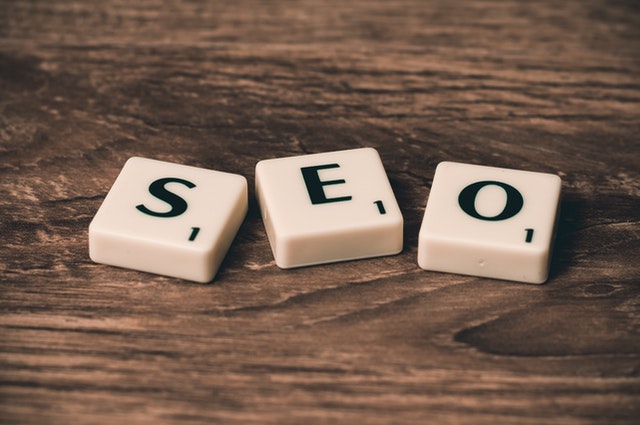SEO 101: Understanding How Search Engine Optimisation Can Help You Attract Your Ideal Audience
There are many similarities in skill sets between public relations and SEO ŌĆō itŌĆÖs about creating great content and reaching out to develop relationships with the ultimate goal of boosting brand awareness through PR, link building and timely content.
Search Engine Optimisation (or SEO) is key to growing your web traffic and attracting readers to your content. A search engine is the key method many internet users find content, and if your content isnŌĆÖt ranking, itŌĆÖs a lot harder for your ideal audience to find it!
But how do you get your content to rank on search engines such as Google? How do you ensure your content can be found by the right people? Here are some key insights on what SEO is and how it works to attract your ideal audience:
Whenever we talk about SEO, we talk about keywords. Keywords are the specific words we search on in a search engine. Good SEO focuses on the keywords that your intended audience are frequently searching, and if done correctly, will improve both the quantity and quality of your web traffic.
SEO is about understanding what your audience is searching and making sure they can find it on your site. Whether youŌĆÖre writing articles about the best hotels in Brisbane or reviewing the latest headphones to hit the shelves, itŌĆÖs important to understand how your audience is looking for your content.
If a large proportion of your potential audience is searching for ŌĆśbest Christmas ideasŌĆÖ, theyŌĆÖll miss your article if your key message is ŌĆśtop holiday trendsŌĆÖ. You need to ensure that keywords and terms are covered in your content, otherwise itŌĆÖs a missed opportunity. Understanding different related keywords and how often theyŌĆÖre used will help you integrate them seamlessly into your page.

While itŌĆÖs important to focus on the best keywords for your content, SEO also relies on understanding how search engines scour the internet. ItŌĆÖs important to structure your page well, use key-word inclusive URLs, avoid duplicate pages, and publish rich content (images, video, etc).
Pages that are mostly ads or links, and pages that are stuffed with keywords, but no quality content donŌĆÖt rank well. Search engines like Google are user-focused; they push not only the most relevant, but also the most useful content to the top of their search rankings. The quality of your content has a huge impact on SEO. Packing your site full of unrelated keywords wonŌĆÖt boost your web traffic.
Search engine algorithms are extremely complex and take into consideration both how long their users spend on your site and whether they return to search again after viewing your site. The more you can offer your users, the higher youŌĆÖll rank in search engine results and the more web traffic youŌĆÖll get.
SEO offers a quality boost to your web traffic, and the best part is that it can be totally free! While you might want to splash out a little to get some keyword analysis and access to search engine trends, SEO doesnŌĆÖt have to break the bank.
ItŌĆÖs also good to note that good PR on other websites that are writing or commenting on your business that include links to your site also helps tremendously with SEO ranking. This is known as link building. Some businesses offer services to do this based on your industry, however more reputable mentions and links attract more qualified leads in your direction.
SEO offers a large reward for a smart investment of time. With a little rewriting and some careful planning, youŌĆÖll see a change in your web traffic in no time!
By Intern Agent Tamara and Agent Raymond

Agent99 is an award-winning Sydney-based agency, specialising in PR and communications. For more information about our services, including recommendations for SEO partnerships, contact us at info@agent99pr.com.
Further reading:
Website Optimisation Hacks to Ensure a Seamless User Experience
Social Media ŌĆō Common Mistakes Organisations Make
